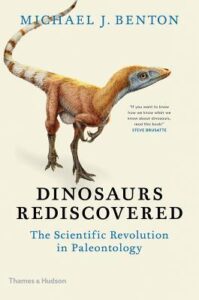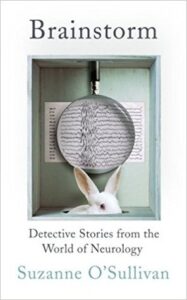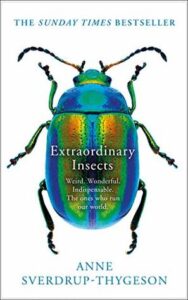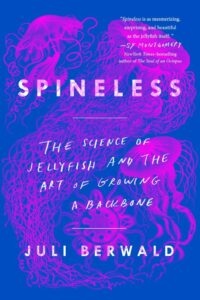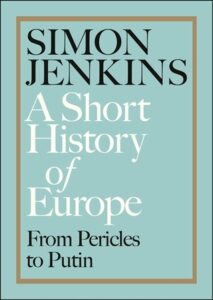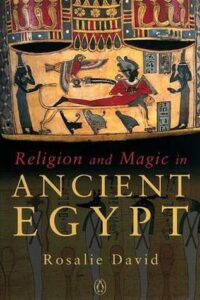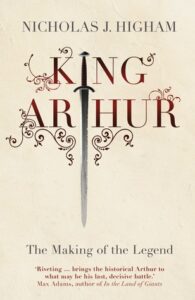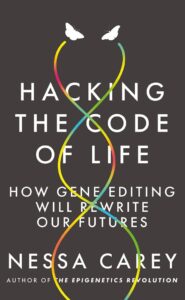 Inheritors of the Earth, Chris D. Thomas
Inheritors of the Earth, Chris D. Thomas
Inheritors of the Earth is a shockingly optimistic book given the premise: it’s a discussion of the impact of the Anthropocene — of the impact of humans on the world. It’s a huge impact, from pollution to changing the biogeochemical cycles of the Earth to fossil fuels to climate change to global travel… We’ve imported new organisms to every continent, mixed formerly separate species, annihilated species… There is no doubting that, whatever you think of that, humans have irrevocably stamped our mark on the Earth. Chris Thomas doesn’t shy away from that in the least, but he does have a new and more optimistic outlook on it.
The premise of this optimism is basically this: in many ways, globalisation and change have created more diversity, not less. We’ve created niche environments and species have changed to exploit them. While there have been extinctions, there has actually been a net gain in number of species. And as Thomas points out, the world has never been static. We’ve counted up species as they were in 1970 (to take one arbitrary date) and forgotten that that is arbitrary, that it’s a still from a very long movie in which everything, absolutely everything, is in motion. Avengers: Endgame has got nothing on Earth.
To me, the optimism is well-grounded as far as it goes. We can safeguard diversity by moving animals to habitats they can survive in; we can make space for species to survive alongside us. We can limit our impact on the world from now on, we can use technology to safeguard species… as long as we don’t feel too beholden to one static idea of how the world’s ecosystems should work, there’s still plenty to work with. Thomas also reminds us, as readers, that humans are natural. Everything we do is part of Earth’s ecosystem, and as with all other changes to the Earth, we can be adapted to.
I think he’s probably more optimistic than a lot of people, and more optimistic perhaps than I feel, but I agree with Thomas that there is a world to save, and that trying to slam on the brakes now isn’t the way. More change is inevitable, and we have to work within that. I do recommend this book as a way to get a change in perspective — one that reminds us there are ways forward, even as we pass the points of no return.
Rating: 4/5
 Forces of Nature, Brian Cox, Andrew Cohen
Forces of Nature, Brian Cox, Andrew Cohen
